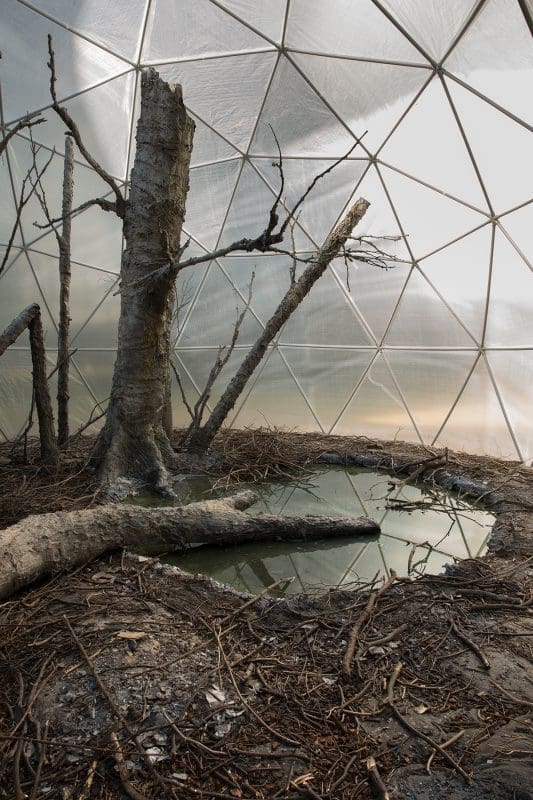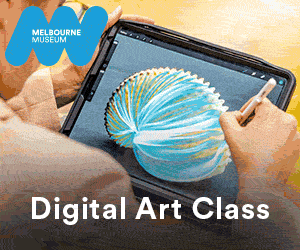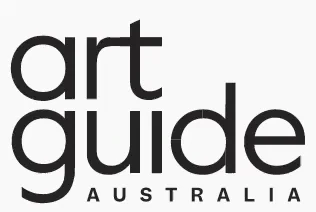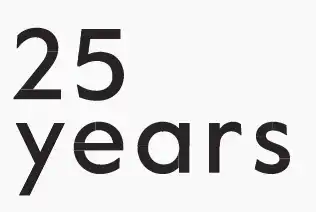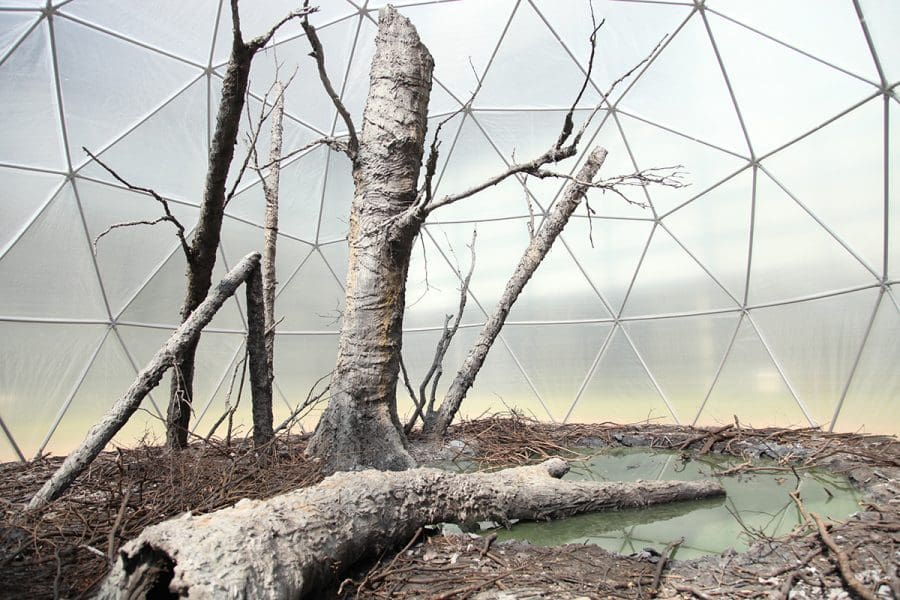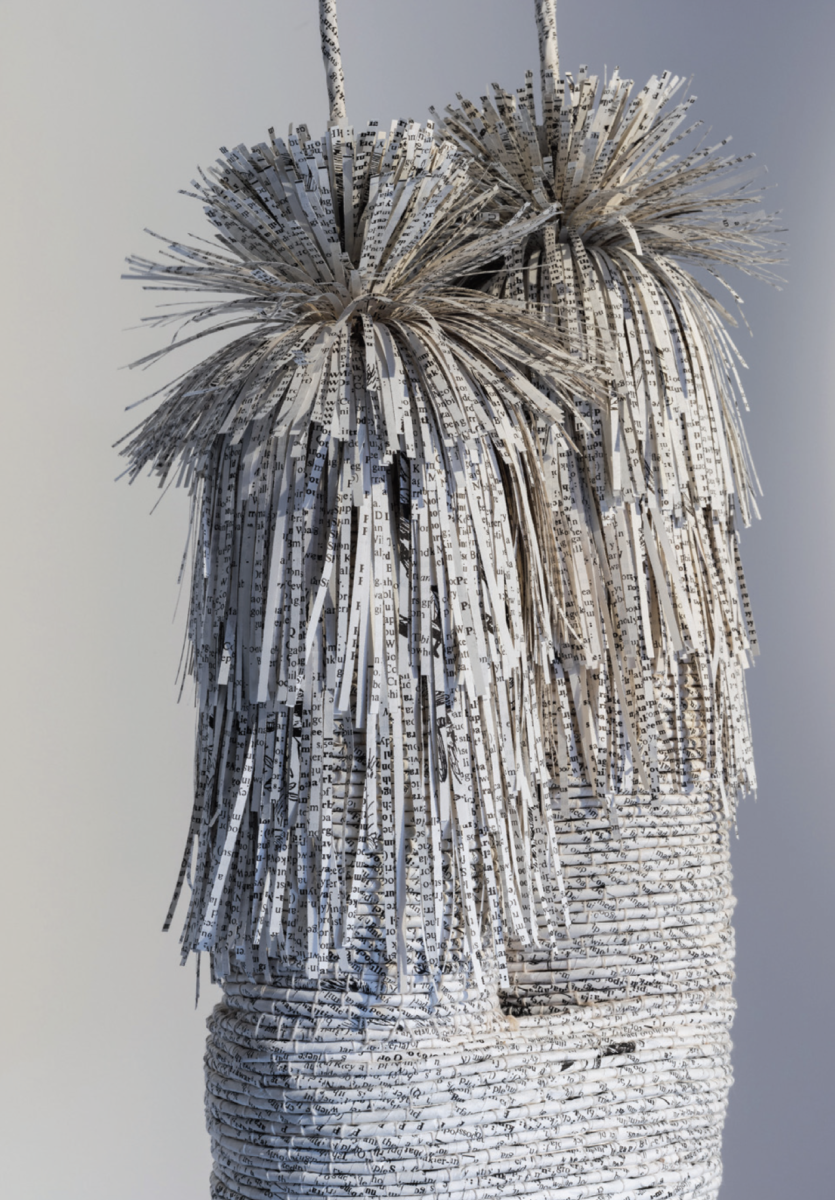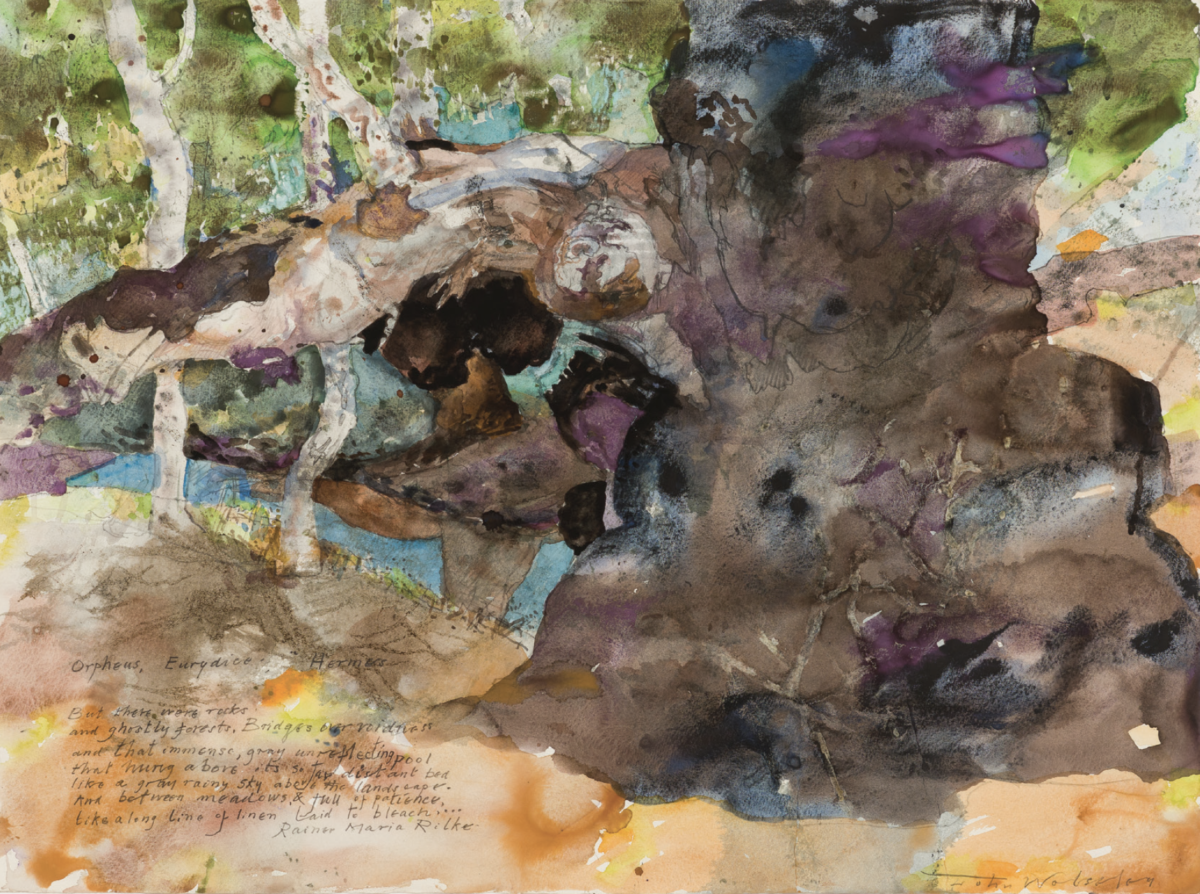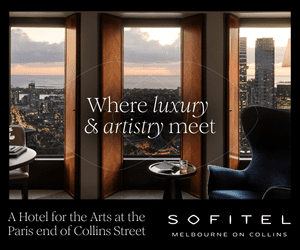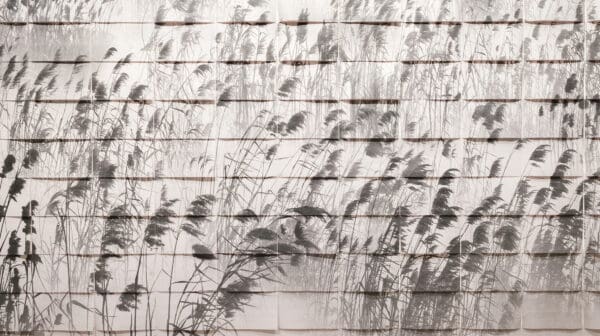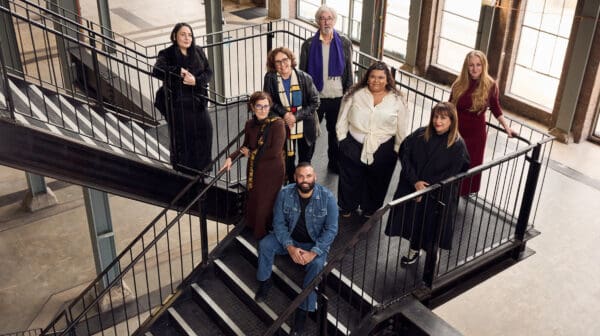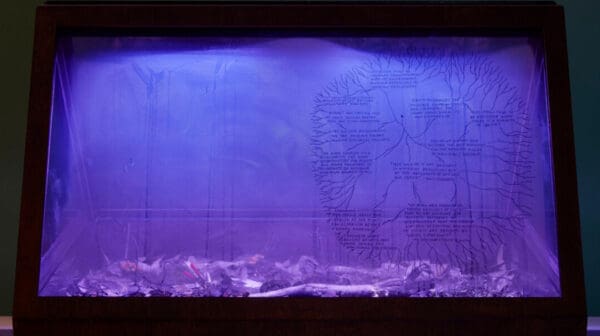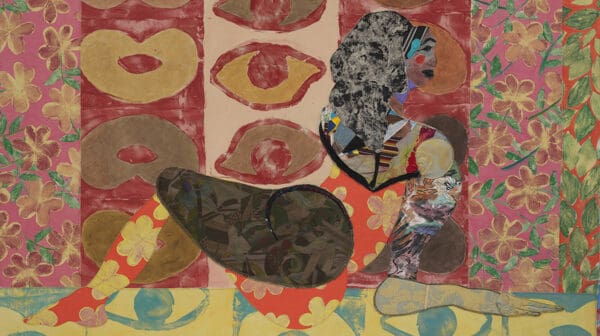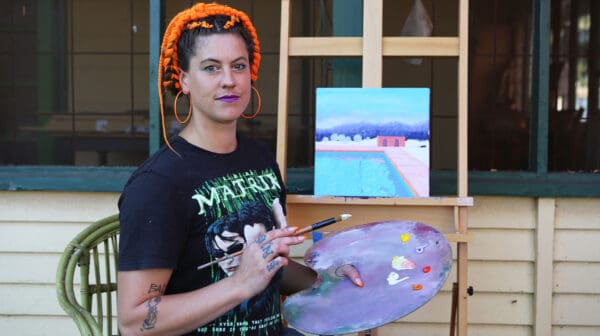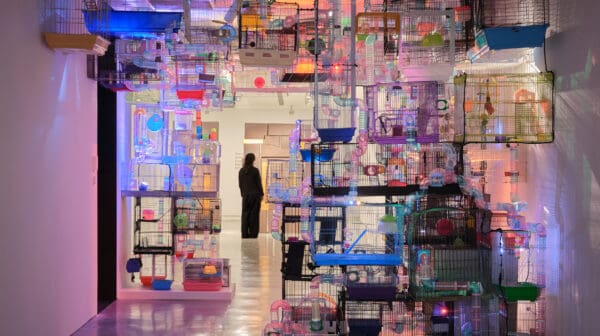As Art Guide Australia enters its 25th year of production, we’re looking back on conversation-shaping pieces from our archive. With a focus on the natural world, our increasing climate anxiety and anthropocentrism, we look back over the past decade of coverage addressing art and the environment.
This process has illuminated art’s power to show us different sides of a problem, or to reflect a new aspect of beauty, signalling a new appreciation. While the environment is now a permanent concern within all aspects of political, economic, social and cultural life, the manner in which we engage with the natural world is always changing. It is also important to acknowledge that many art practices, tools and materials, are derived from natural resources, affirming the inextricable relationship between art and nature.
Art Guide asks Artists: How does it feel to be an artist working with nature in these times?
Art Guide asks five artists—Nici Cumpston, Karla Dickens, Jenna Lee, Janet Laurence and John Wolseley—to tell us.
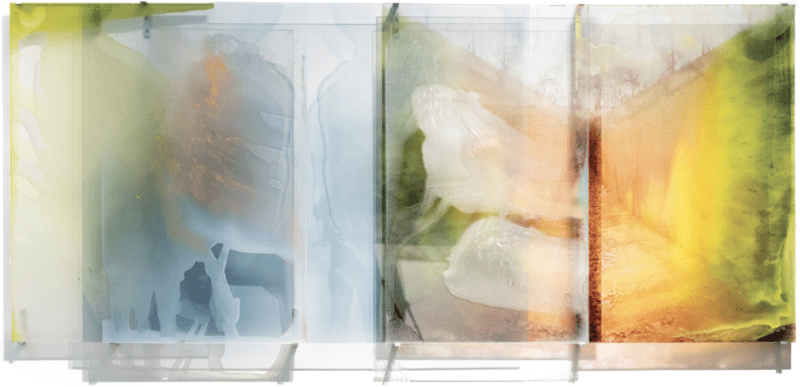
Man&Wah on being part of nature
While the changing climate is proven to inspire, so is nature’s evolution and growth. Man&Wah’s show, Propagate/Germinate/Bloom explores the interconnectedness between beings and their cosmic cycles. Cher Tan highlights that the “underlying need for survival, adaptation and improvement are shared experiences” between humans and plants.
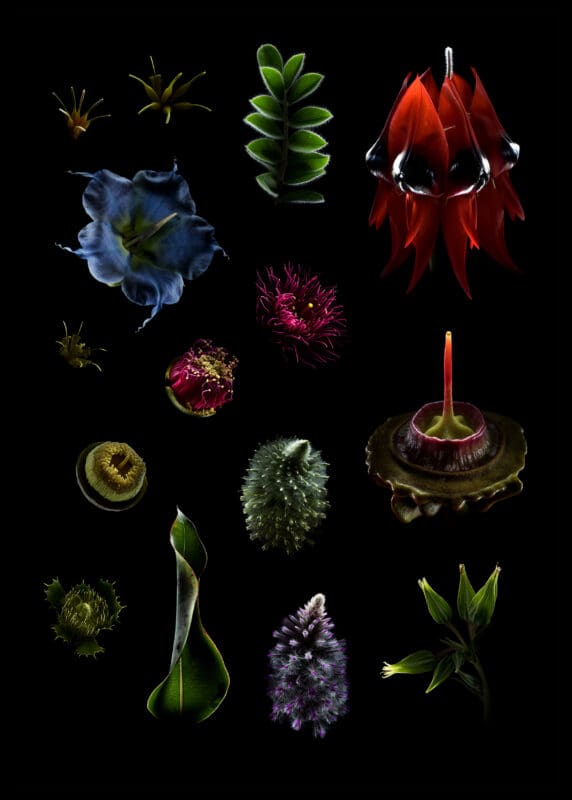
An interview with Deborah Kelly: Creating a queer, science fiction, climate change religion
Curator Ineke Dane in conversation with collaborate and multi-disciplinary artist Deborah Kelly on her CREATION project—the establishment of a queer, science fiction, climate change religion.
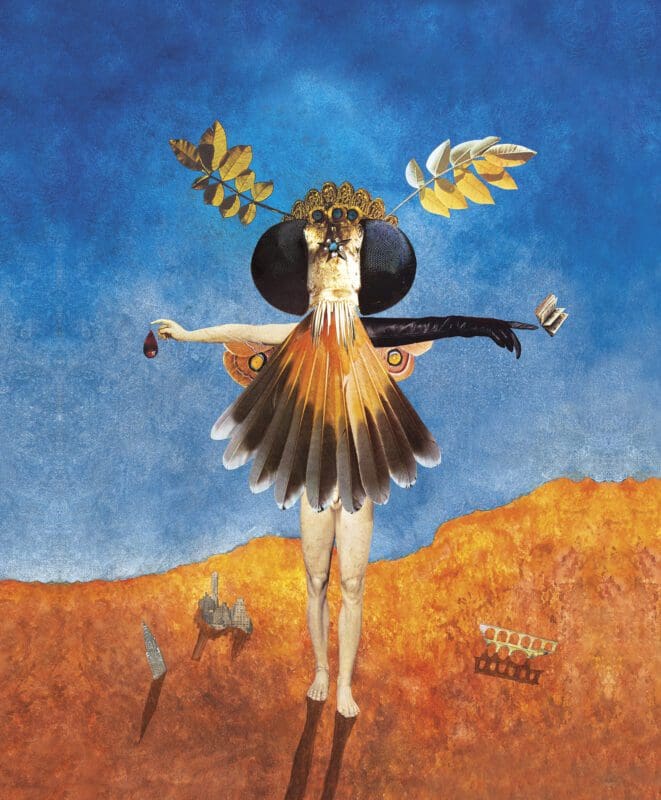
Are galleries and museums doing enough?
Writer Andrew Stephens takes a critical look at Australia’s gallery and museum spaces’ sustainable business models. With art institutions and their responses to climate change under public scrutiny, it is important to acknowledge progress but also question the initiatives long-term impact.
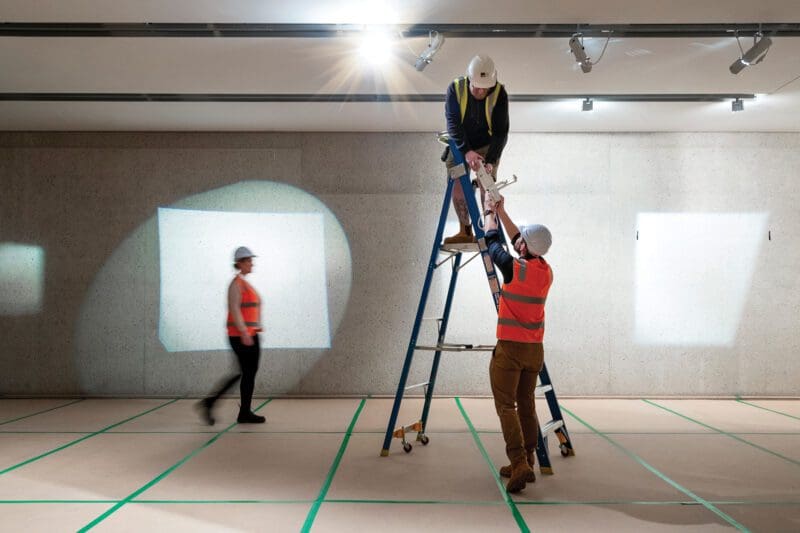
From 2016, Hayden Fowler’s show, New Romance: Art and the Posthuman, seeks to delve into the emotional effects of climate degradation. Referring to environmental collapse as “the train of destruction,” Fowler says: “A good place to start is how this affects us and how we feel about it.”
